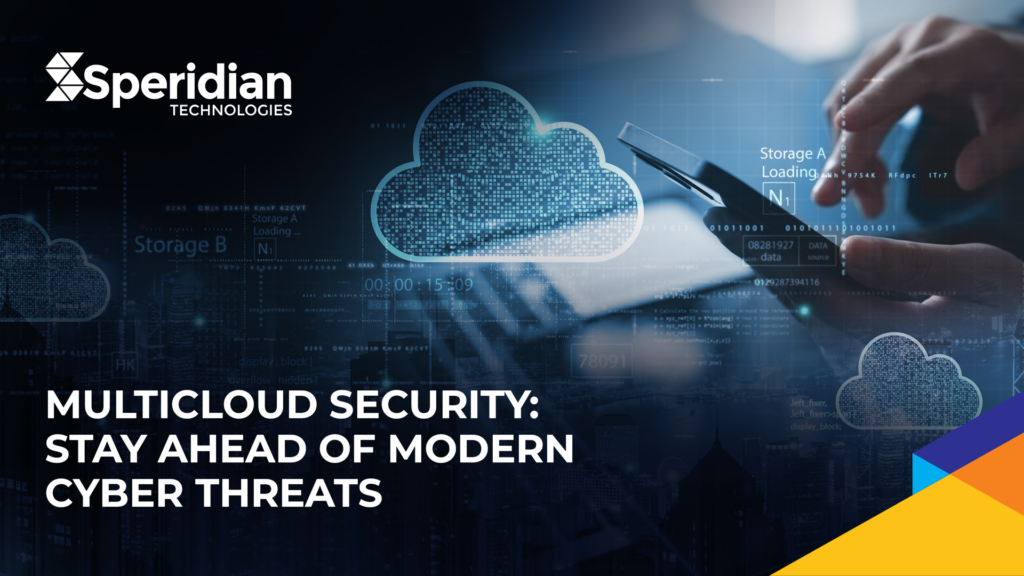As businesses continue to evolve in today’s digital landscape, cloud adoption has become a key component of IT strategy. However, the use of multiple cloud service providers—referred to as “multicloud”—presents a serious challenge: ensuring consistent and robust security across diverse cloud environments. Each cloud provider has unique configurations, protocols, and vulnerabilities, making it challenging for organizations to maintain visibility, control, and compliance. A single gap or misconfiguration can lead to disastrous outcomes, such as data breaches, unauthorized access, and compliance violations. For businesses relying on hybrid cloud environments, where workloads are distributed across public, private, and on-premises clouds, the complexity multiplies, further exposing them to potential security risks.
Why is Multicloud Security Important?
Imagine waking up to find your organization’s sensitive data compromised—customer information leaked, business operations halted, and brand reputation severely damaged. The aftermath is devastating: lost revenue, legal penalties, and a significant blow to customer trust. You scramble to identify the source of the breach, but with multiple cloud providers in use, the lack of centralized visibility and control makes this a near-impossible task. As cloud environments expand, the security landscape becomes increasingly fragmented, creating silos that are difficult to manage. The consequences are clear: without a comprehensive multicloud security strategy, your business is one step away from a potential catastrophe.
For most businesses, the pain points are numerous:
- Increased Exposure to Cyberattacks: As companies adopt multicloud and hybrid cloud setups, each additional cloud environment introduces new vulnerabilities.
- Lack of Centralized Management: Monitoring and securing each cloud platform individually leads to inefficiencies, gaps, and increased costs.
- Compliance and Regulatory Challenges: Adhering to industry regulations across various cloud environments becomes a complex task, heightening the risk of non-compliance.
- High Costs from Cybersecurity Breaches: The financial implications of cyberattacks are enormous—not just from immediate damage control but also from lost business and customer attrition.
The answer lies in adopting a robust multicloud security strategy that integrates security measures across all cloud environments, providing centralized management and proactive protection. A well-designed multicloud security solution can address these pain points by:
- Enhanced Reliability and Protection: By implementing strong access controls, encryption, and threat detection, only authorized users gain access to critical applications and data, minimizing the risk of breaches.
- Constant Monitoring and Rapid Response: Advanced multi cloud security solutions offer 24/7 monitoring and automated alerts for potential threats, allowing for quick remediation before any damage occurs.
- Cost Efficiency through Prevention: Securing your multicloud environment with proactive threat management saves costs in the long run by preventing expensive breaches, fines, and loss of customer trust.
- Centralized Visibility and Control: Manage security for all cloud environments from a single dashboard, simplifying operations, improving response times, and ensuring compliance with industry standards.
For over 20 years, Speridian Technologies has been a trusted partner in navigating complex IT challenges. Our expertise in multicloud security solutions ensures that your business assets—whether in a public cloud, private cloud, or on-premises—are secure, compliant, and optimally managed. With Speridian’s advanced, integrated security frameworks, you gain not just peace of mind but also a competitive edge. Protect your digital environment today with a company that knows how to turn security challenges into opportunities for growth and resilience.
